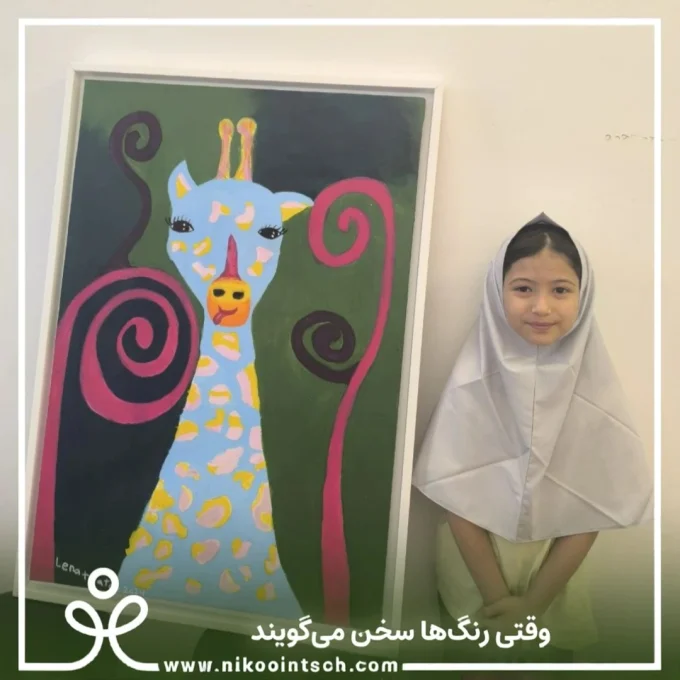Author: Mr. Ebrahim Aslani
Educational Psychologist
Owed by the Past; Indebted to the Future
Many psychologists consider one of the guidelines for improving life to be encapsulated in a simple formula: living “here and now.” It is good advice, but applying it is not so simple. In addition to individual personality traits that influence the implementation of this advice, I believe the impact of cultural and social characteristics should also be considered. Concepts such as guilt, shame, nostalgia, conformity, social pressure, the judgment of others, and the like hold significant value in our culture. Wherever such concepts are prominent, acting on “here and now” becomes more difficult. When our public culture, through various means, reinforces feelings of guilt, individuals remain entangled in the past. When culture places great importance on the fear of being judged, a person’s thoughts become so preoccupied with the past and future that “here and now” fades away.
Our culture sometimes produces individuals who stand “here” but whose gaze is fixed on the other two directions. On one side, they are always caught up in the past, and on the other, they worry about the future. Many of us believe we are owed something by the past; as if the past has treated us in such a way that we have not received what we deserved. Many of us, after reflecting on our lives, assessing our circumstances, and of course, comparing ourselves with others, conclude that if things had gone differently, we would have been better off now, or at certain times, we deserved opportunities and support that were withheld, and we were unable to achieve what we truly deserved.
Our culture and social characteristics cause people to become more involved in the past and future, preventing them from simply living in the present moment. This culture reinforces a sense of being owed by the past and indebted to the future, diminishing the joy of living in the present.
Ebrahim Aslani

This same individual sees themselves as indebted to the future. Having experienced so many limitations and hardships in the past, they believe that these must be compensated for in the future. We make many plans for the future, have aspirations for ourselves and those around us, and are always running towards something, creating expectations for ourselves that make life harder.
We are either on one side (the past) or the other (the future), and we cannot be here in the present. The culture in which we live sometimes prevents us from thinking about the moment and enjoying the “here and now.”
Our culture and social characteristics cause people to become more involved in the past and future, making it difficult for them to live simply in the present moment. This culture reinforces a sense of being owed by the past and indebted to the future, diminishing the joy of living in the present.












